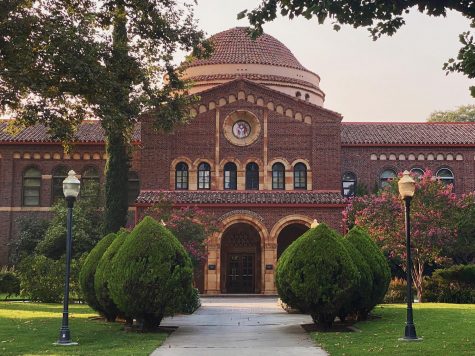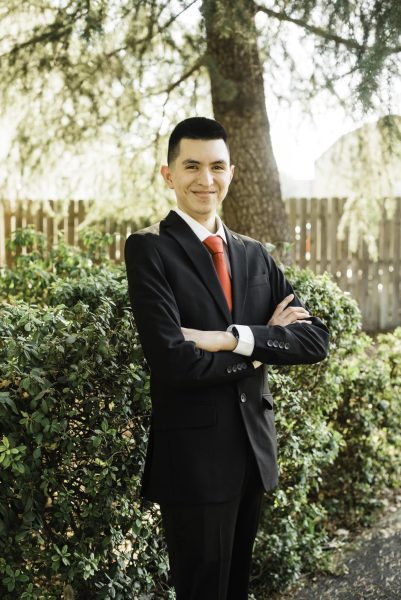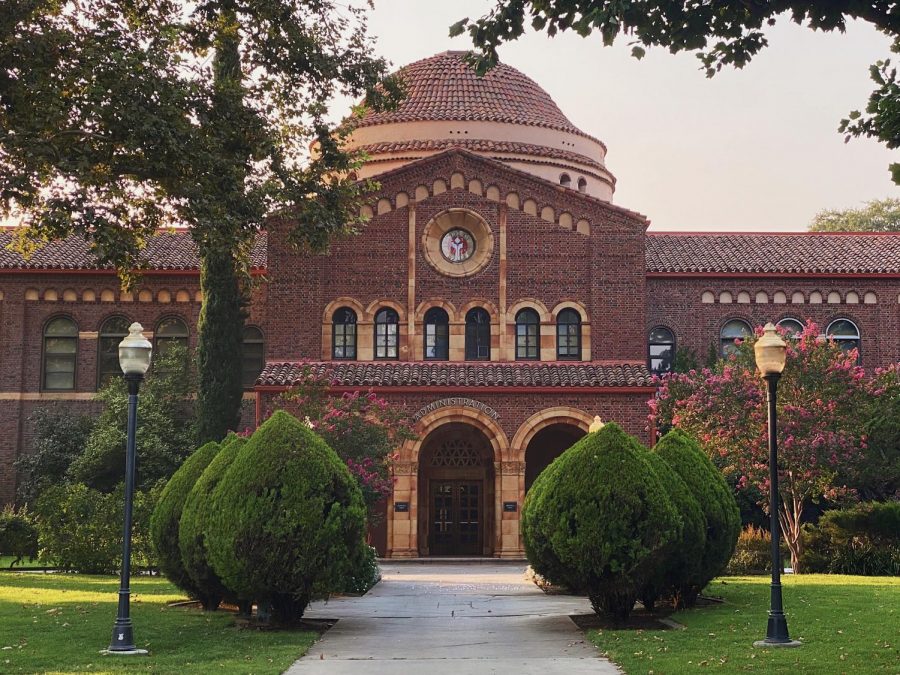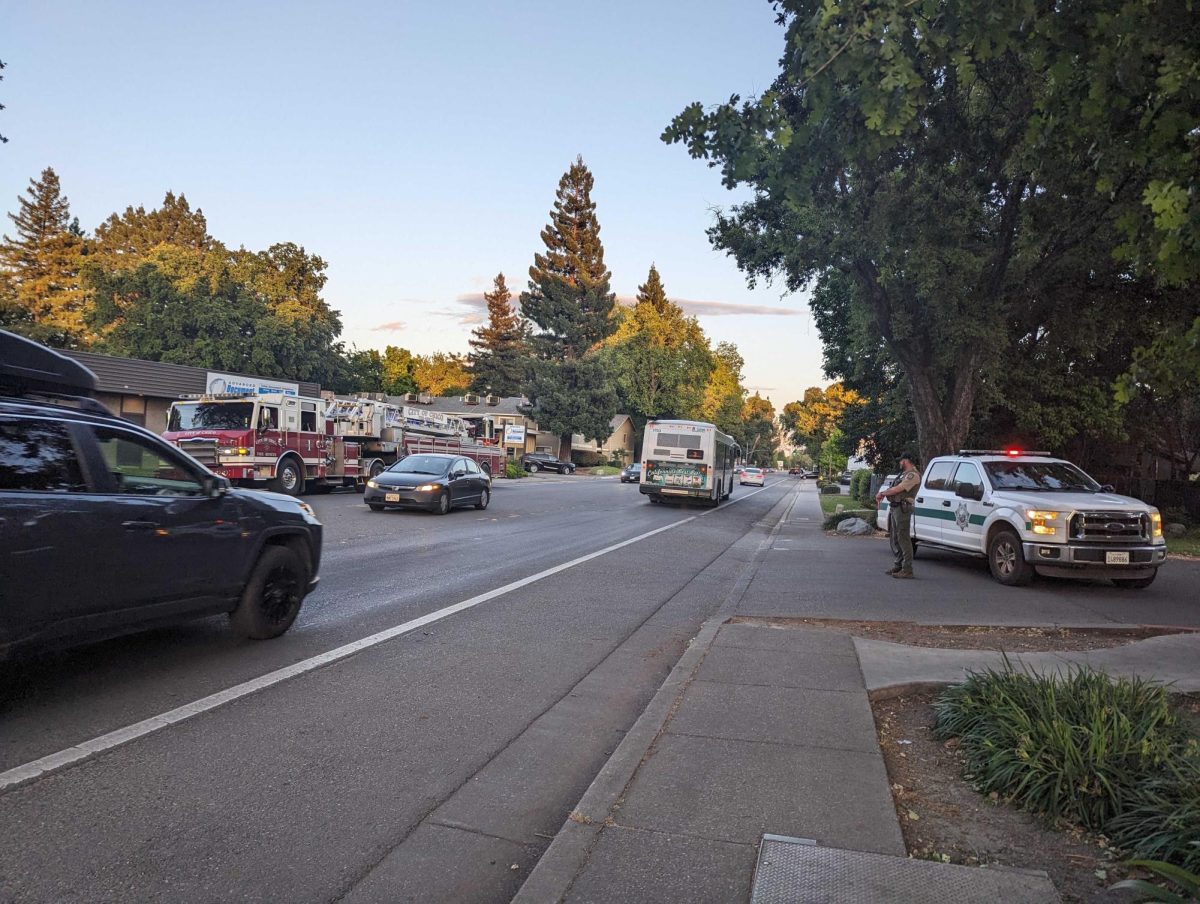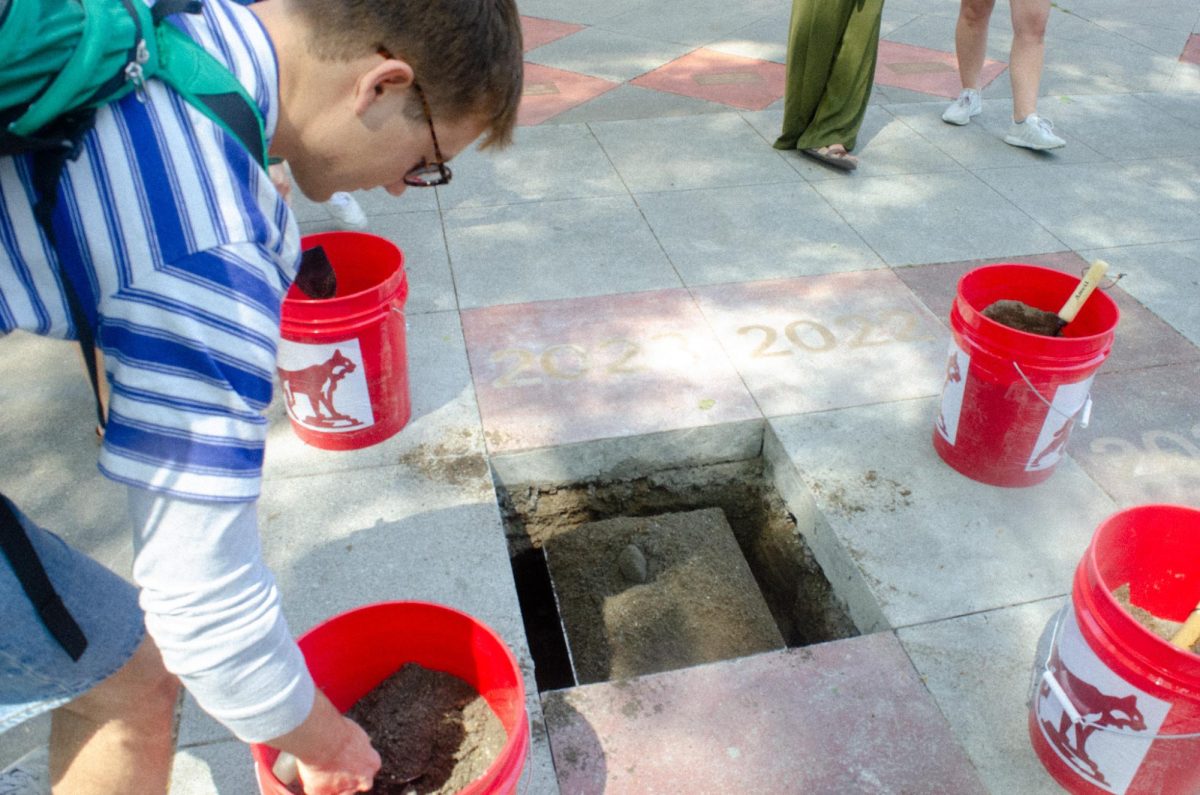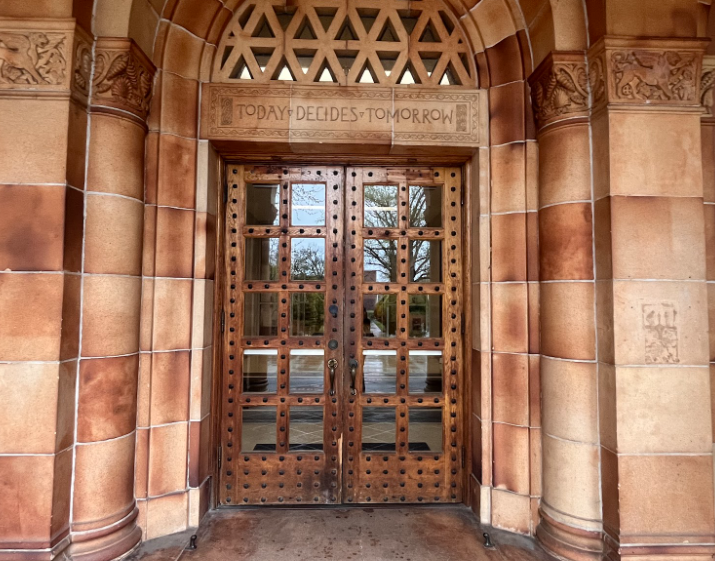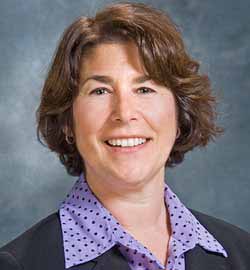
A proposed constitutional amendment legalizing affirmative action for California universities could make it to the November ballot if it passes the state Assembly.
The amendment, which passed the state Senate in January, would allow universities to consider factors like race, sex, color, ethnicity or national origin when making enrollment decisions. The practice which was prohibited by Proposition 209 in 1996.
Allan Bee, director of the Office of Admissions, worked as a staff member for the Chico State Educational Talent Search program in 1995, one year before Proposition 209 passed.
Chico State was less diverse before the proposition passed, but affirmative action did help some of the people he worked with, Bee said.
“In a lot of instances, my students in those precollege programs benefited not only at Chico but at other campuses under those pre-Proposition 209 practices,” Bee said. “We know through experience that not every school is created equal.”
Chico State has become more diverse under Proposition 209, Bee said. In fall 2013, 30 percent of incoming first-year students identified as a nonwhite ethnicity or one or more ethnicities. Ten years earlier, in fall 2003, just 16 percent of first-year applicants were nonwhite or one or more ethnicities.
Chico State extends outreach to its local counties, he said. The farther a student is from the local admissions area, the more competitive the applicant has to be in order to get in.
“I’m good with that, because that’s race-blind,” Bee said. “That will let us get to all students — regardless of their ethnicity, regardless of their income, regardless of their parents’ education level.”
The California State University system does not have a position on the amendment and does not know what the impact would be on the average student, said Mike Uhlenkamp, a university spokesman.
“Because of our mission of access, our enrollment typically reflects the diversity of the state of California,” Uhlenkamp said. “If you meet the standards of the CSU, then you would be admitted to somewhere in the CSU system.”
Proponents of affirmative action see education as the best way to promote equal opportunity, said Diana Dwyre, a political science professor. To them, affirmative action is a good mechanism to help minorities have equal opportunities.
An opposing argument is that opportunity should be granted to those who have worked hard to get where they are and the government should not prefer any one minority over the other, she said.
Another issue with affirmative action is that it’s difficult to outlaw — just because it’s illegal to discriminate based on sex and race does not mean that it can’t be done, Dwyre said.
“It’s turned out to be a difficult, for those people who believe we should have those kind of laws, a very difficult way to ensure that those laws are implemented,” she said. “Because they are not implemented by the government, they’re just, ‘If you get caught, you suffer for it.'”
If the state Senate wants this amendment to be adopted, it will have to be brought to the public for a vote, she said.
The amendment is currently waiting to be voted on in the state Assembly. State Sen. Jim Nielsen, who represents Butte County and other counties in the fourth District, was absent for the Senate vote and did not read enough of the amendment to have an opinion, he said.
Enrique Raymundo can be reached at [email protected] or @ERaymundoCV on Twitter.


